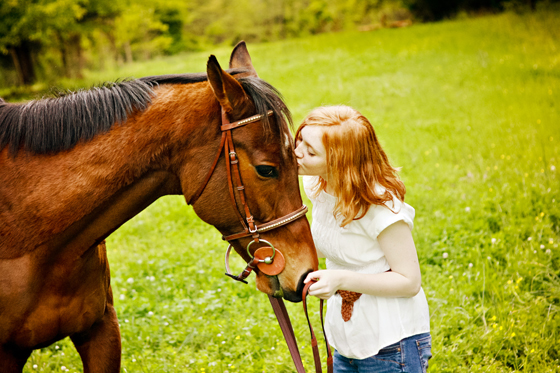<p style="text-align: justify;">As much as we love pulling on our winter woollies for the new season, we are soon faced with the sad reality that early evening hacks are going to be a thing of the past in the months ahead. For most working horse owners, it is already getting dark when they leave the office, much less when they arrive at the yard. However even if they do get there early, it can be so easy to get caught off guard as the sun sets rapidly whist you are out on the road. Here we offer some top tips to help keep you and your horse safe this season.</p>
<p style="text-align: justify;"><img class="aligncenter wp-image-14923 size-full" src="https://medusamagazine.com/wp-content/uploads/2016/10/pet-horse.jpg" alt="How To Keep You and Your Horse Safe This Season" width="560" height="373" /></p>
<h3 style="text-align: justify;">Be Safe, Be Seen</h3>
<p style="text-align: justify;">It may not be haute couture, but hi-vis is without a doubt <em>the </em>only accessory to be seen in this season. We actually recommend that it is worn all year round, but especially in the winter months when even in broad daylight the grey murky weather can reduce visibility when out on the roads. Horse hi-vis saves lives, and it can be worn in the form of jackets, skull cap silks, exercise sheets, boots and bandages and much more, but why stop there? LED lighting on helmets, armbands, boots or stirrups can also help you and your horse be seen when hacking on the country roads.</p>
<h3 style="text-align: justify;">Firework Shy</h3>
<p style="text-align: justify;">Even in remote corners of the country, we have no doubt that there will be fireworks let off near you in the coming weeks. It can be impossible to avoid fireworks altogether, so it is worth being aware of your horse’s response to them. Large fireworks pack a punch that can unsettle even the most sedate schoolmaster, so be on your guard and avoid hacking out when you know that organised events are being held nearby.</p>
<h3 style="text-align: justify;">Stable Sense</h3>
<p style="text-align: justify;">It is usually safe to keep horses in the field if they are usually turned out at night, but if you know a firework event is scheduled with neighbours then it may be worth stabling your horse overnight with a stable mate to shield them and offer a safe, secure environment. Check both your stable and your fencing is in good condition before use, and if not repair or replace it to ensure it can withstand a worried, panicky pony. If your horse is stabled, perhaps consider partially blocking windows and playing gentle music on a radio to distract your equine from the firework furore. In extreme cases of anxious equines, a vet may prescribe sedation at their discretion to help your horse cope with the noise.</p>
<h3 style="text-align: justify;">Layer on Layers</h3>
<p style="text-align: justify;">This may seem obvious, but wrapping up warm is vital in the winter as it is surprising how quickly the temperatures can drop during the day, especially with added wind chill factor. You may work up a sweat during intensive schooling sessions, but just a few minutes into a gentle hack can see both horse and rider exposed to the elements if they are not adequately prepared. Don’t run the risk of hypothermia setting in for either of you, particularly if you enjoy long distance cross country rides. In addition to hi-vis gear, it is vital for riders to wear multiple layers to trap warm air under a windproof, waterproof jacket and good quality gloves to facilitate good grip for freezing fingers. Horses should wear a thick fleecy numnah and girth guard as standard, plus a waterproof breathable exercise sheet to protect him from wind and rain and provide an insulating layer to keep the muscles warm.</p>

How To Keep You and Your Horse Safe This Season
